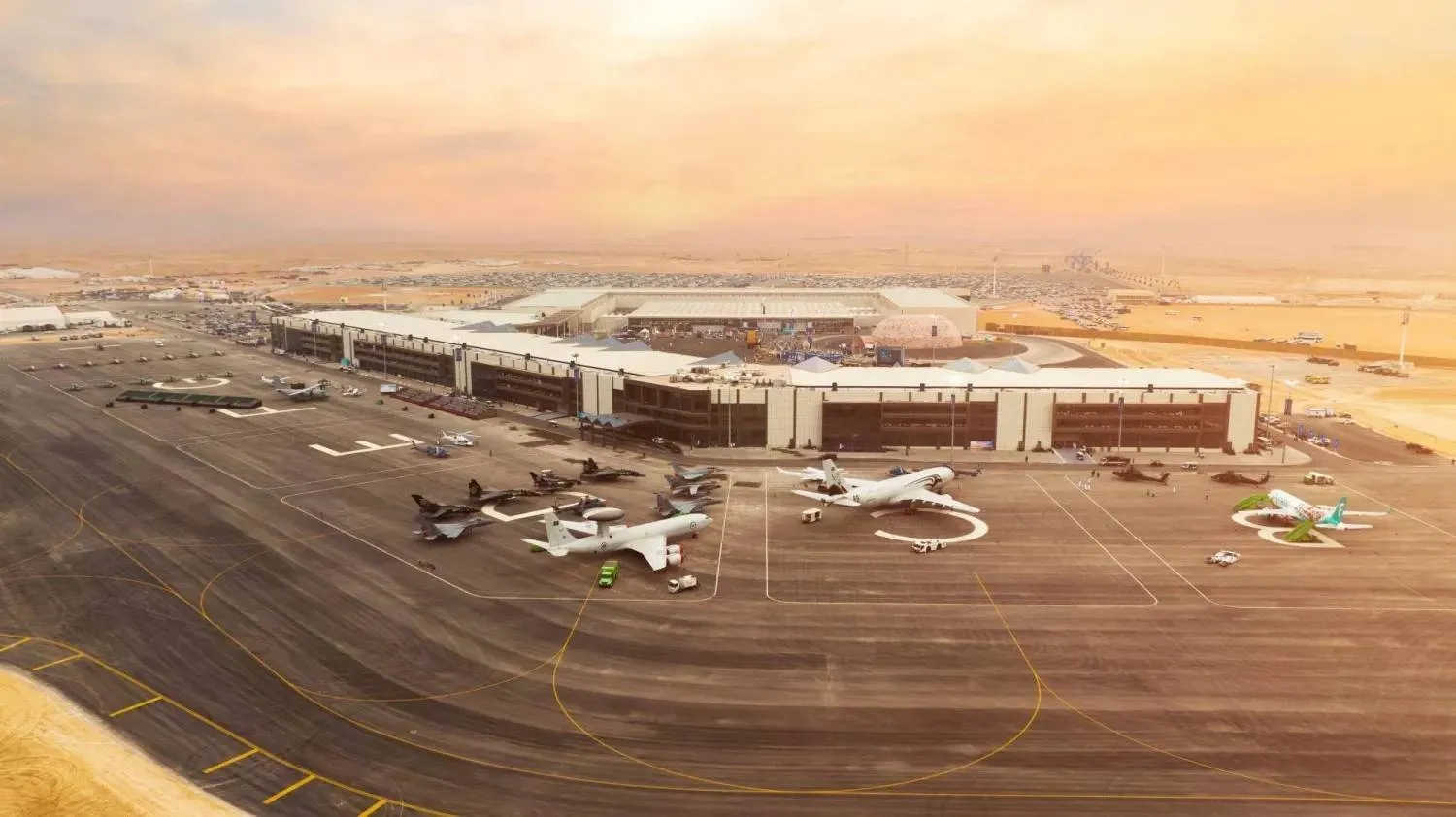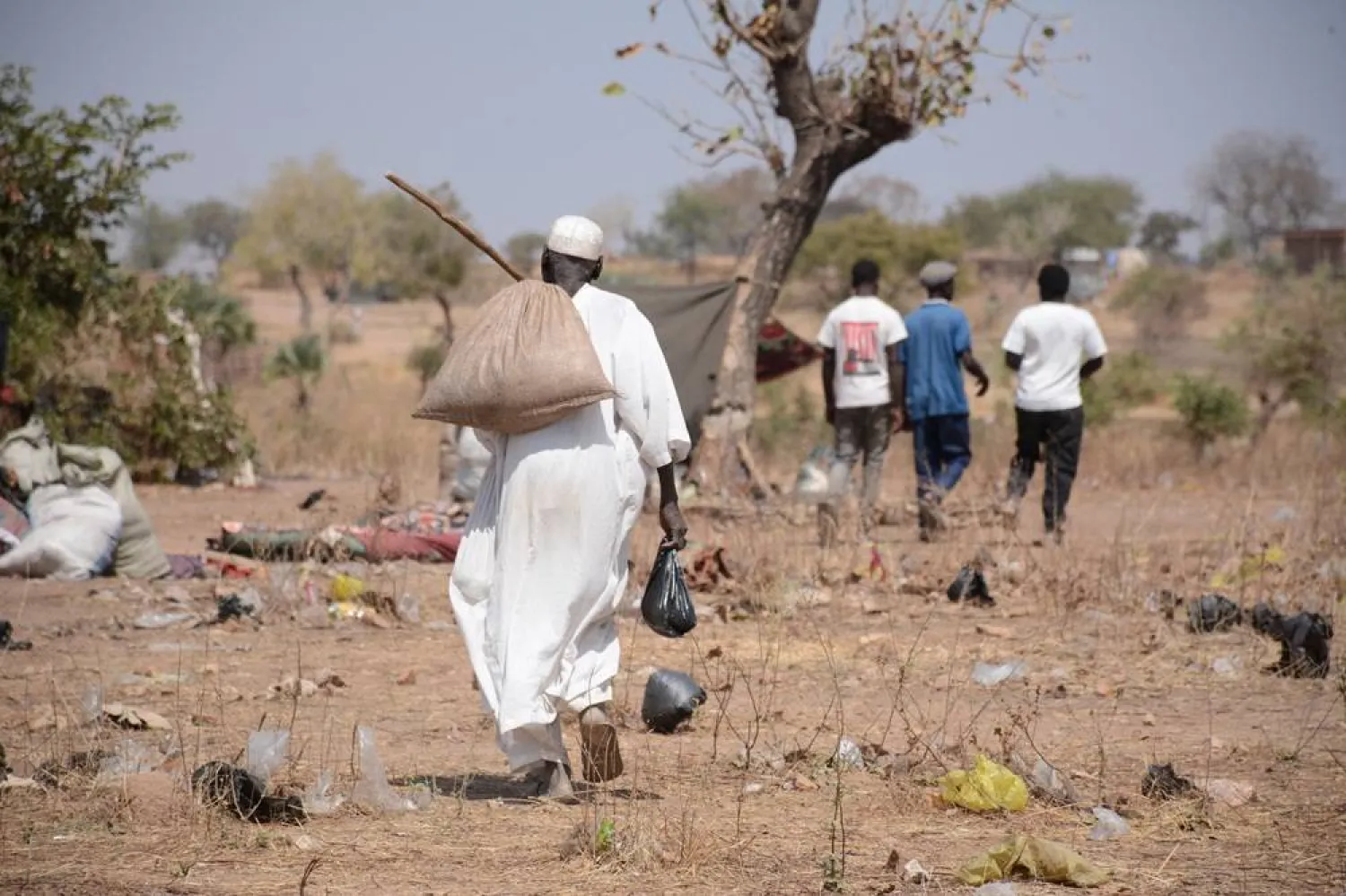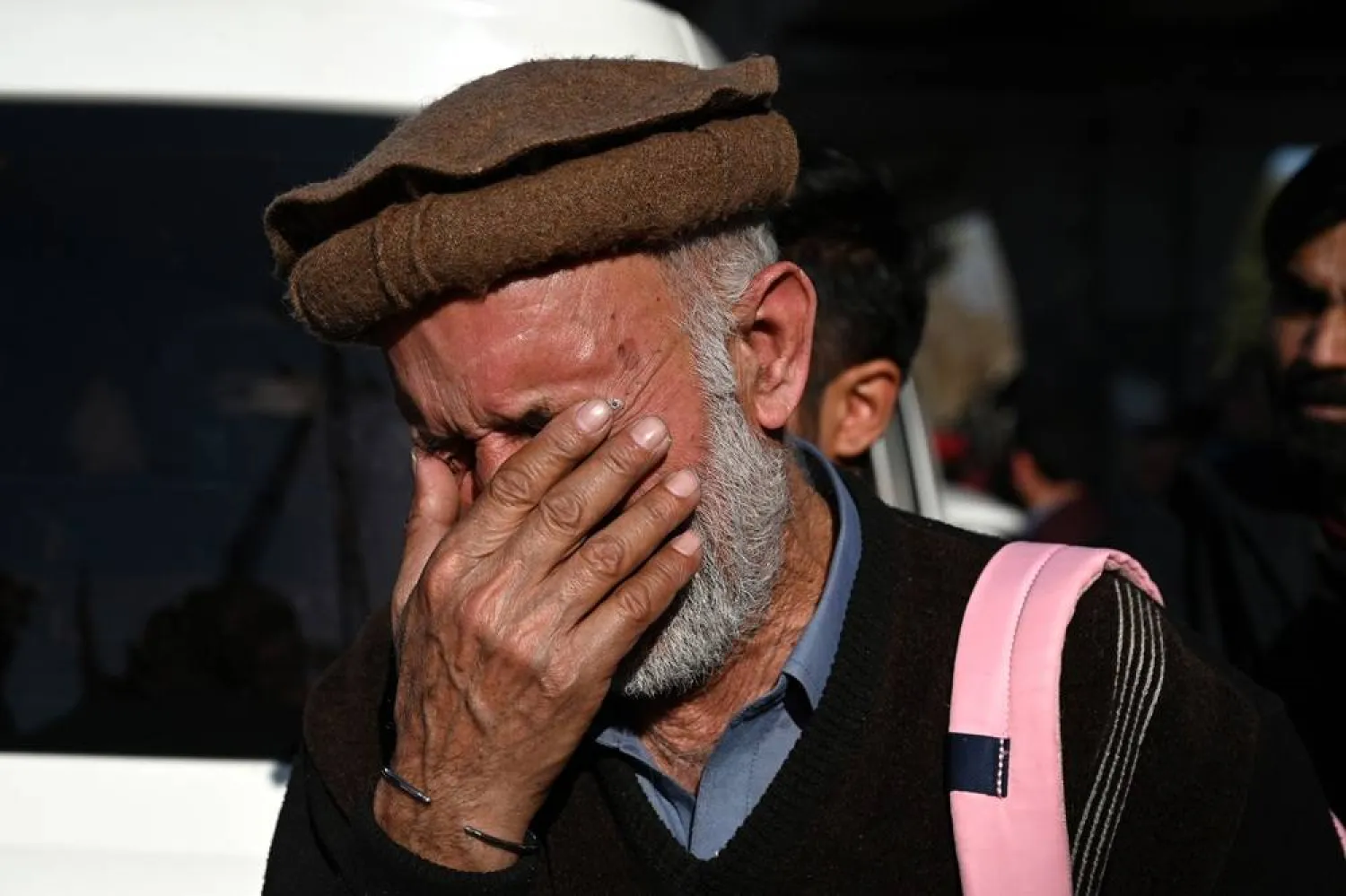Saudi Ambassador Walid Al-Bukhari held meetings and talks to refute all rumors about the Kingdom’s withdrawal from the Lebanese political scene.
Sources close to the ambassador noted that Saudi Arabia considered itself part of the international community, which is striving to secure the safety net for a sister Arab country, to prevent it from falling into chaos.
Although Saudi Arabia refrains from interfering in the ongoing talk on the name of the new president, politicians, who are in direct contact with Bukhari, stressed that the Gulf country would not engage in a regional or international settlement that contradicts the interests of the Lebanese people, but would respect their will to change towards a better future.
Moreover, the Kingdom adheres to the Taif Agreement, as the only reference for relations between the political and sectarian components and the safety valve to preserve Lebanon’s unity, sovereignty and independence.
Sources close to Bukhari pointed to two positions adopted by Saudi Arabia to help Lebanon overcome its political, economic and social crisis.
The first is the talks held between Saudi Crown Prince Mohammed bin Salman and French President Emmanuel Macron, which laid the foundations of Saudi-French communication and resulted in the establishment of a joint fund to provide humanitarian aid to a number of vital facilities in Lebanon.
However, the Saudi-French communication did not remain limited to securing humanitarian aid that would not pass through official channels. Rather, it began to gradually develop towards an understanding on a unified approach pertaining to the need to hold the presidential elections within the constitutional deadline.
According to the sources, communication between Riyadh and Paris led to a French conviction about the need to elect a president, who had not previously engaged in financial or political corruption. In addition, the two countries both agree that only a president, who meets these specifications, could lead the country towards the required reforms.
The sources told Asharq Al-Awsat that the Saudi side highlighted, in the bilateral meetings hosted by Paris, the need to reach a new social contract as a basis for reforming the political system in Lebanon, as previously highlighted by Macron during his visit to the country following the Beirut Port explosion in Aug. 2020.
The second position relates to the joint political statement issued by the foreign ministers of the United States, France and Saudi Arabia, on the sidelines of the meetings of the United Nations General Assembly in New York. The statement constituted a road map for the Lebanese to save their country from collapse, according to the same sources.
The political circles refuted all rumors about a Saudi diminishing role in Lebanon, stressing that such campaigns were only aimed at clearing the scene in the interest of the opposition axis.









